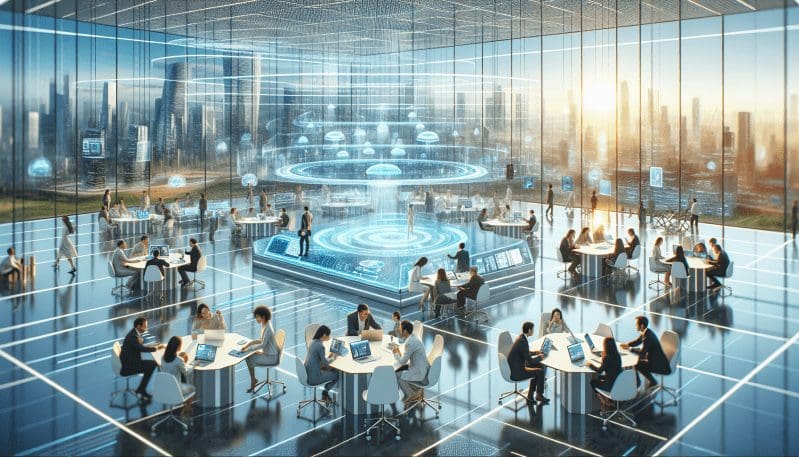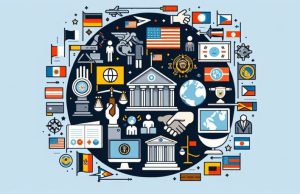As we cautiously step into the post-pandemic world, it’s clear that the concept of work, worker, and workplace has been irrevocably altered. What began as a forced adaptation to an unprecedented global crisis has now become a blueprint for the future of work—a future that is more flexible, digital, and diverse than ever before.
### Embracing the Remote Revolution
The surge of remote work has broken the long-standing equation of productivity with physical presence in the office. Businesses that were once hesitant to allow telecommuting have now acknowledged the benefits that remote work can offer, including reduced overhead costs and access to a broader talent pool. However, this shift brings challenges such as managing distributed teams, fostering company culture, and ensuring data security in a decentralized work environment.
### Flexibility: The New Normal
Workers have tasted the benefits of flexible hours, and for many, there’s no going back. Flexibility has proven to not only boost employee satisfaction but also productivity. Companies now face the challenge of creating policies that balance the needs of the business with the desires of their workforce. This may include embracing a hybrid model, which combines remote work with time spent in-office, or asynchronous work schedules that accommodate different time zones and personal commitments.
### Rise of the Gig Economy
The gig economy continues to expand, offering workers autonomy and the opportunity to tailor their careers to their lifestyles. This, however, raises questions about job security, benefits, and the potential erosion of traditional employment relationships. For businesses, utilizing freelancers and contract workers means adapting to a more fluid workforce but also redefining loyalty and retention strategies.
### Workforce Diversity and Inclusivity
One of the silver linings of the pandemic has been the acceleration of diversity and inclusivity initiatives. As geographical barriers fall, companies have the chance to build more diverse teams. Yet, this requires deliberate policies to promote inclusivity and equity, ensuring that opportunities are accessible to all, regardless of location, background, or personal circumstances.
### Technological Integration in the Workplace
The rapid integration of technology in the workplace has facilitated the transition to new work models, but it has also highlighted the digital divide. Investment in digital skills training is essential to keep pace with technological advancements and to prevent a segment of the workforce from being left behind.
### New York’s Response to Workplace Evolution
In New York, a city famed for its dynamic business environment, the response to these changes has been multifaceted. Leaders in finance, tech, fashion, and media are reevaluating their footprints in the urban core, leading to shifts in urban development. As office spaces are reimagined, we’re likely to see an increase in mixed-use buildings and a focus on amenities that cater to a fluid workforce.
The path forward for New York’s businesses and workers is fraught with complexity but is also ripe with opportunity. By embracing adaptability, fostering inclusivity, and investing in technological and human capital, companies can thrive in this new chapter. In turn, workers can leverage these changes to craft careers that are not only successful but also fulfilling and in harmony with their personal lives.
The Transition to a post-pandemic era is not without its hurdles, but it is also a chance to redefine the very essence of work. For The Work Times, the journey ahead will be chronicled, dissected, and discussed, as we provide insights and guidance for those navigating the evolving landscape of work.




























